By Erica Chenoweth and Laura Dugan
We recently published an article in the American Sociological Review in which we argue that Israeli conciliatory actions like negotiations, improving living conditions, and other concessions have been more effective than repression actions — arrests, killings, and curfews — in reducing Palestinian terrorist attacks. View the press release here, and view the study here.
But if negotiation and concessions can reduce terrorism, then why doesn’t the Israeli government do these things more often? We suggest three plausible explanations, although there may be more.
- Politics. Israeli leaders may view dovish policies toward Palestinians as too politically risky. Even if there is high voter enthusiasm for a resolution of the Israeli-Palestinian conflict, unilateral Israeli concessions are extremely controversial. A politician embracing such policies may pay for this position at the polls or, in some cases, with his life. With Israel’s changing demography, politics may play an even more important role today than it did twenty years ago.
- Genuine fear of backfire. Although our study shows otherwise, a dominant narrative in Israel is that making concessions to Palestinians is ineffective. For instance, after Israel and the PLO negotiated the Oslo Accords, various Palestinian groups responded with a wave of terror throughout the 1990s, culminating in the highly traumatic Second Intifada. It is easy to see such events as representative, but they are not. In fact, we find that conciliatory actions actually had the strongest violence-reducing effects during the Second Intifada, whereas Israel’s militaristic retaliation only exacerbated terrorist violence.
- Insincerity about the peace process. The current Israeli ruling elite may simply be unwilling to pay the price for peace, which would a genuine two-state solution. We have our doubts that Netanyahu is serious about the peace process. Instead, he seems content to kick the can down the road, calculating that settlements will continue to expand, Palestinians will remain despairing but only moderately active, and “facts on the ground” will eventually come to favor Israel. On the contrary, our research shows that this course of action does little to make Israelis safer.

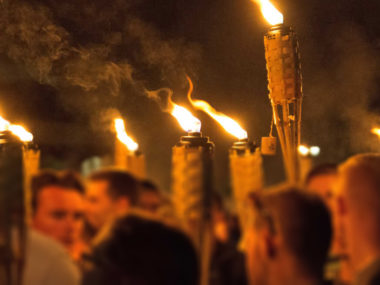
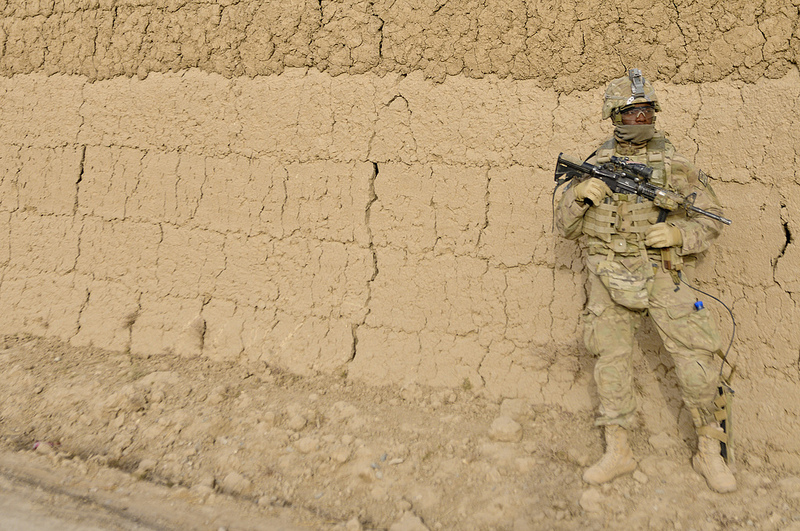
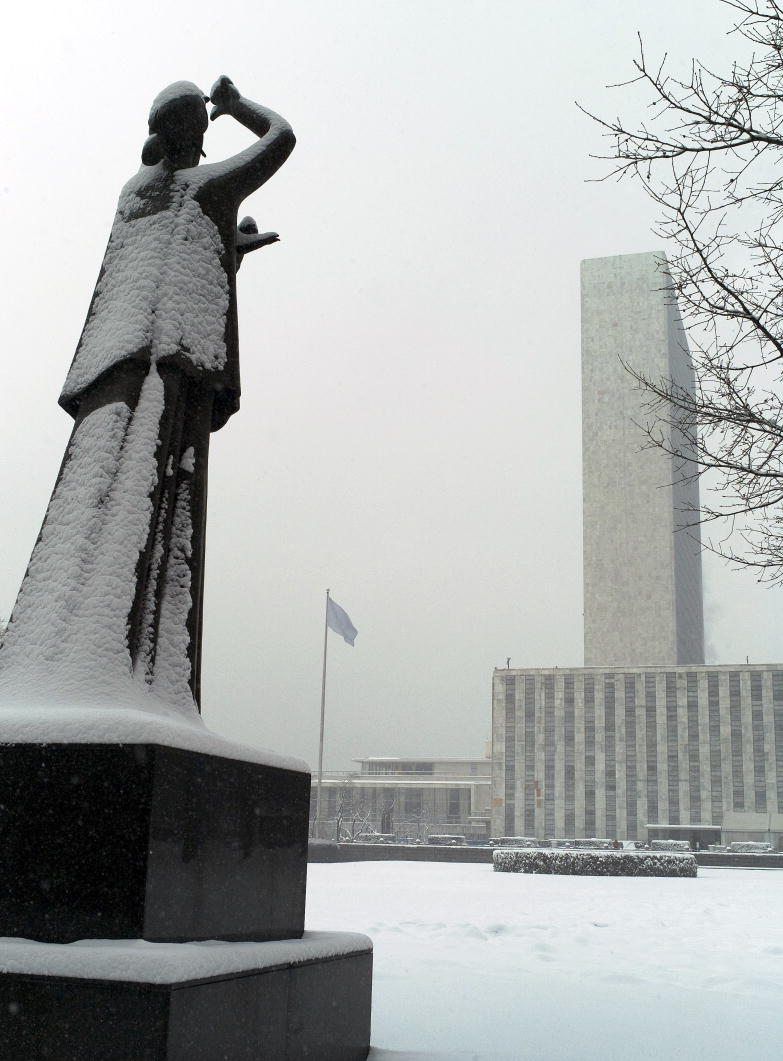
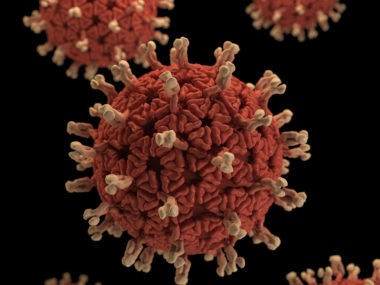
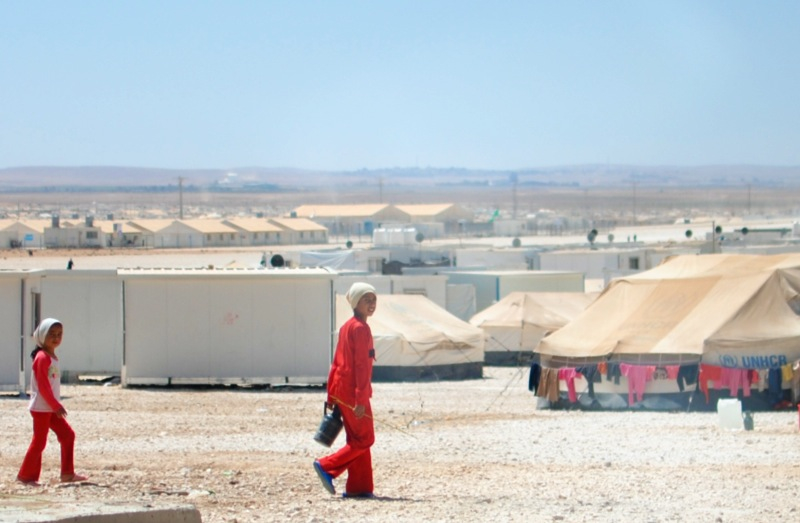
0 comments
This is a fantastic study on the effects of various counterterrorism measures, which nicely highlights the importance of peaceful actions. However, while I agree that conciliatory actions are effective in reducing public support for terrorism, I don’t think we can dismiss, based on the results of this study, the effectiveness of (at least some) repressive actions.
Here is why. By using the GTD to measure the level of terrorist attacks, the study does not include planned attacks that were not carried out (i.e., attacks that were stopped before they were executed). In other words, it assumes that executed attacks = planned attacks. If we measure the effectiveness of conciliatory and repressive actions by using only successfully executed attacks, we ‘select’ only the type of attack that supports the conciliatory actions hypothesis and ignore the attacks that are attempted but not executed because of repressive actions (such as an arrest of militants planning an attack, for example).
In order to better measure the effect of conciliatory and repressive actions on the level of terrorism by armed groups, we should include also unsuccessful attempts to carry out attacks (which can also be found in news articles) and not only attacks that were successfully carried out.
Tmitts,
I think you make an important point. However, I think selection bias actually strengthens the authors’ argument. You argue that omission of attempted attacks creates a selection bias in their analysis. Suppose (as you argue) that repression and conciliation have two effects. (1) Repression raises public support for terrorist attacks and conciliation does the opposite (public support effect). (2) However, repression makes it more difficult to execute successful attacks and conciliation makes it easier (execution effect). Unobserved attempted attacks would be a problem if the execution effect and the public support effect moved in the same direction, since you would not be able to disentangle the two. However, since they move in the opposite direction, it appears to strengthen the authors findings and suggest that the public support effect is bigger than the execution effect.
I would argue that there are two key problems not addressed in the paper. (1) How can policymakers and peace activists change Israeli’s predominate view that any overtures for peace by Israel will be met with more terror by the Palestinians (the backfire effect). (2) The analysis is only conducted through the 2nd Intifadah. I am skeptical if the results would hold up if extended through present-day. As many Israelis point to, the construction of the security barrier wall…a very large act of repression, has coincided with a decrease in suicide bombings and violence.
Thomas,
Thanks for your reply, I think you make a good point. However, selection bias is not only a problem of disentangling two effects moving in the same direction. If the magnitude of the omitted execution effect is opposite to and greater than that of the measured public support effect, the omitted data would cancel the correlation found in the current dataset.
This does not necessarily invalidate the authors’ conclusion, but suggests that without data on unsuccessful attacks, we cannot know for sure whether conciliation is actually more effective than repression at reducing terrorist attacks.